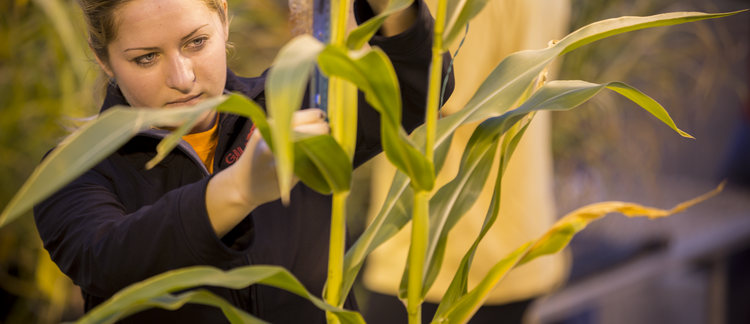Abstract
Weed accumulation in raspberry plantings is a primary concern of all producers in Iowa, especially in organic production. Tillage may be used to reduce weed growth as an alternative to herbicides in raspberry plantings. However, tillage leaves soil vulnerable to erosion and potentially depletes the nutrients and organic matter from the topsoil. Growing a living mulch on the soil surface reduces weed seed germination and growth, and it reduces the need for tilling after planting between the rows of raspberry plants. Legume living mulches also can provide nitrogen and fit within organic certification requirements. The overall objective was to determine the best organically certified soil management techniques to be used between rows in a perennial raspberry planting. Specific objectives were to determine soil management treatments’ contribution to the soil’s physical and chemical properties, weed growth, and raspberry growth and development.
Keywords: Horticulture, RFR A9045
How to Cite:
Portz, D. N., Nonnecke, G. R., Tedesco, A. & Saunders, B., (2010) “Legume Cover Crops Reduce Overall Weed Incidence and Increase Fruit Production of Organically Grown Raspberries”, Iowa State University Research and Demonstration Farms Progress Reports 2009(1).
Downloads:
Download pdf
View PDF

